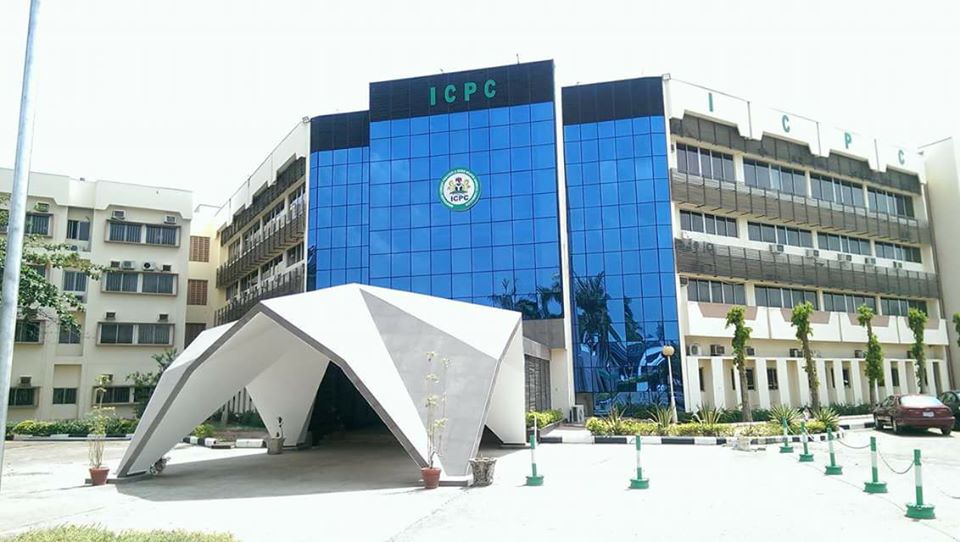A non-governmental organisation, Socio-Economic Rights and Accountability Project (SERAP), has called for urgent probe of the spending for the police trainees’ welfare in the last 10 years.
SERAP made the call in a petition dated Jan.18, which was addressed to the Independent Corrupt Practice and Other Related Offences Commission (ICPC) Chairman, Mr Ekpo Nta.
A copy of the petition signed by Mr Adetokunbo Mumuni, Executive Director, SERAP, was made available to newsmen on Sunday in Lagos.
The group said: “SERAP believes that investigation by the ICPC into the spending of budgets meant for police colleges across the country would provide the much needed accountability. “This will help to establish whether the money budgeted to improve the infrastructure in the colleges and welfare of its trainees has been spent as allocated or simply stolen, misused or mismanaged.”
It urged the ICPC to ensure that the suspected perpetrator be brought to justice. SERAP said that a recent investigation and documentary aired by Channels TV had shown that the training facilities at the Nigeria Police College, Ikeja, Lagos, were in a bad shape.
“The college is overcrowded (housing 3,000 people instead of 750); that students hostels are in dilapidated conditions and lack beds, mattresses and decent and functioning toilets.
“The dehumanising conditions of the Police College, Ikeja and other police colleges across the country seem to explain why the force has been unable, for many years, to provide adequate security for the common man and to effectively tackle crimes,” it said.
The organisation said that the colleges would not be able to train officers capable of addressing the nation’s security challenges, if the funds meant for their training were being mismanaged.
The News Agency of Nigeria (NAN) reports that President Goodluck Jonathan had on Friday paid a surprise visit to the college on his way to Cote d’ Ivoire for an ECOWAS meeting. The visit, said to be “a fact finding inspection” by a police source, was intended to enable the president to address certain issues hampering the qualitative training of policemen.
Many observers believe that it was in reaction to a recent documentary on the dilapidated state of infrastructure and challenges facing trainees in the foremost police training institution in the country.(NAN

